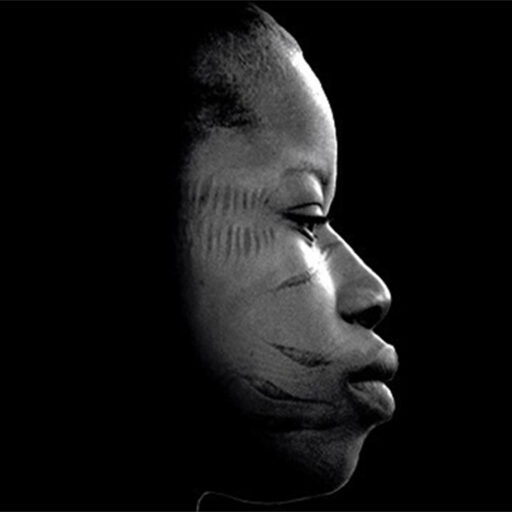Brazilian rapper Mano Brown is urging Sao Paulo legislators to impeach Governor Geraldo Alckmin, pictured here on September 1, 2010, over a police campaign allegedly targeting black youths in poor neighborhoods.
AFP – Brazilian rapper Mano Brown is urging Sao Paulo legislators to impeach Governor Geraldo Alckmin over a police campaign allegedly targeting black youths in poor neighborhoods.
The popular singer was being awarded the Santo Dias human rights prize, named after a black metal worker killed by the military dictatorship in 1979, at the state legislative assembly on Monday, Human Rights Day.
Brown was honored for his fight against violence, discrimination and corruption.
Alckmin “is the governor who used deaths as an instrument of domination,” the rapper said. “What we really need to do is an impeachment.”
His call made at a legislative event billed as “2012: The genocide of the black youth” was backed by activists.
It reflected widespread outrage within the local black community about the high number of their youths killed by police in suspect circumstances.
Angry young activists blasted the legislative assembly over its inaction in the face of what they called “a campaign of terror” waged by elements of the military police in the city’s predominantly black underprivileged districts.
The Committee Against the Genocide of Black Youth appealed to human rights groups, the media and elected officials for help in persuading Alckmin to stop the “extermination in the peripheries.”
Last month, a government study said twice as many blacks as whites were murdered between 2002 and 2010 in Brazil, where Afro-Brazilians make up 52 percent of the 194 million-strong population.
In Sao Paulo state, the country’s most populous with 42 million people, Alckmin had to replace his public security chiefs last month after a spike in violence claimed more than 300 lives in and around the capital from October.
Local media linked the violence to a new flare-up in an undeclared war between the state military police and a prison-based gang known as the PCC, or First Commando of the Capital.
But Frei David Santos, a Franciscan friar who heads the Educafro lobby group that upholds the rights of blacks and indigenous people, spoke of a “conspiracy of silence over the racial nature” of the killings.
“What we are really witnessing is a genocide of poor, mostly black, youths,” he said in downplaying the role of the PCC and organized crime in the latest violence.
Camila Dias, an expert at University of Sao Paulo’s Center for the Study of Violence, said speaking of genocide was “excessive.”
“I don’t think there is a deliberate policy to eliminate young blacks. But the reality is that there is a disproportionately high number of young people from the peripheries, mainly Afro-Brazilians, who are being killed in suspect circumstances,” she said.
Dias warned that official statistics were unreliable and “clearly understated the problem.”
“The governor needs to come clean on the killings of black youths,” Santos said.
For Debora Maria da Silva, coordinator of the “Mothers of May” national network of mothers of victims of suspected police killings, the current violence is a throwback to May 2006.
In a little over one week that month, 493 people, including her 29-year-old son, were killed, allegedly by police death squads.
“My son Edison was killed on the streets (in suburban Santos) on May 15, 2006. He had done nothing,” the Afro-Brazilian woman told AFP at the award ceremony.
She said her son’s death coincided with a PCC assault on police stations and public buildings and a subsequent wave of police reprisal attacks in which scores of civilians suspected of criminal backgrounds were gunned down.
In a 2011 comprehensive report on the May 2006 events, Harvard Law School’s International Human Rights Clinic and the Brazilian Global Justice rights group said: “PCC leaders coordinated their assault in large part as a response to a series of organized shakedowns by the police.”
It compiled evidence indicating that police executed 51 people in alleged shootouts and killed another 71 while acting in “death squads.”
And the report pointed to a “clear state bias in the investigation of murders.”
Also honored at the legislative event was veteran Folha de Sao Paulo reporter Andre Caramante.
Caramante was not present to receive his prize.
He and his family had to flee abroad in September after he received numerous death threats over his claim that the ex-chief of the feared Rota elite police unit used his Facebook page to incite violence during the election campaign.
Paulo Telhada, the former police commander, was subsequently elected municipal councilor on a tough law and order platform.
“This attempt to muzzle press freedom is not new and not restricted to me,” Caramante said in a BBC Brazil interview released Wednesday.
“In Brazil, even after the end of the military dictatorship, there are signs that sectors of the security forces are trying to prevent the disclosure of information.”
Fonte: France24




